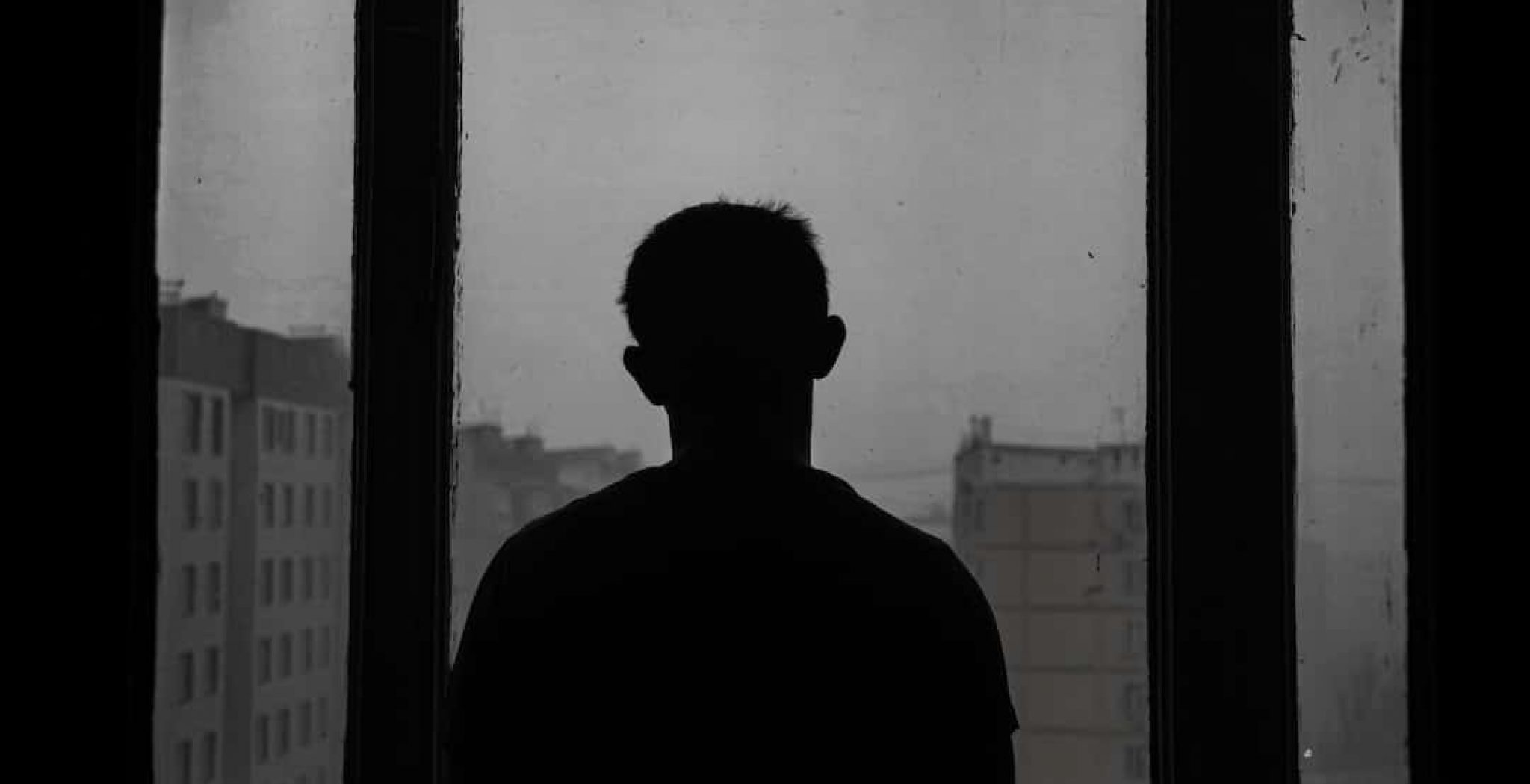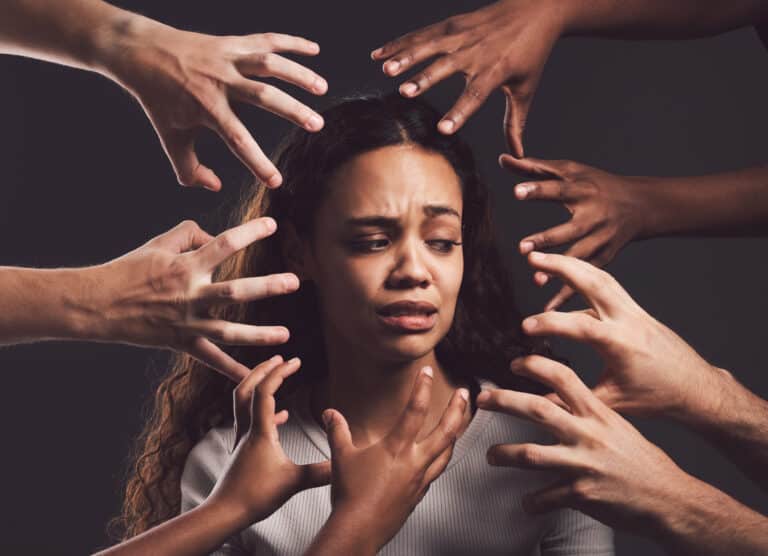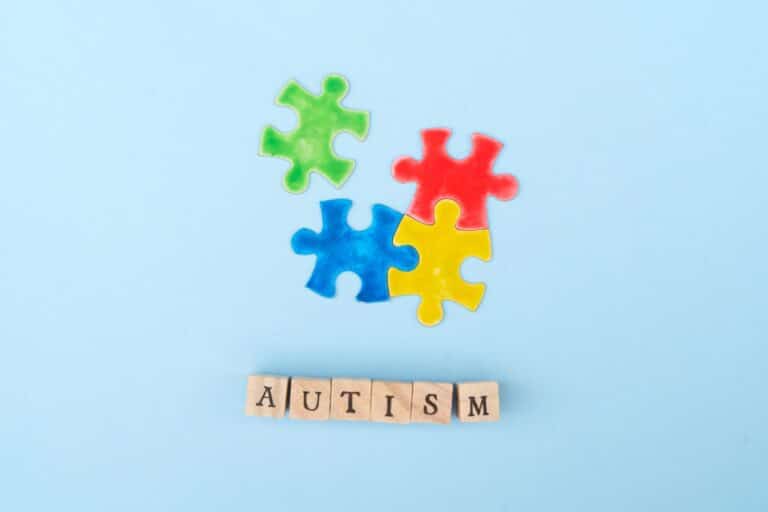Depression is a term that most people are familiar with. However, it is common for the term to be thrown around in casual conversation. All too often, people describe themselves or others as “depressed” when really what they are experiencing is sadness or just having an “off day.”
Misconceptions of the true meaning of depression have become so mainstream that the word has lost some significance. However, depression is a significant mental health condition that shouldn’t be taken lightly.
Knowing what it is and how to recognize it is critical in helping yourself or a loved one get the help they need.
What Is Depression?
Depression, also known as major depressive disorder or clinical depression, is diagnosed based on having five or more of the nine criteria defined by the Diagnostic and Statistical Manual of Mental Disorders (DSM-V).
One of those five criteria must include either of the first two as seen below. These criteria are the major signs and symptoms of depression:
#1. Depressed mood
#2. Loss of interest or pleasure in almost all activities
#3. Significant weight and/or appetite changes
#4. Sleep disturbance
#5. Observable psychomotor changes
#6. Increased fatigue
#7. A sense of worthlessness or excessive guilt
#8. Impaired ability to think
#9. Recurrent thoughts of death, suicidal ideation, or suicide attempt
Knowing the signs and symptoms of depression is important, but you must also understand them. Some of these criteria are straightforward; others may not be as clear. Some of the more serious or difficult-to-understand symptoms are discussed below.
Depressed Mood
A depressed mood can be something you’ve noticed or others have noticed about you. However, clinical depression and a depressed mood are not the same things. A depressed mood can be a symptom of underlying clinical depression, but it can also be a transient change in your mood that’s normal within the context of your current situation.
You can’t always be in a great mood; no one can. What’s important is that you pay attention to whether other signs or symptoms of depression accompany that change in mood. If so, you may need to seek help from an expert.
Loss of Interest or Pleasure
“In almost all activities” is the key phrasing of this criteria. It’s common to lose interest or pleasure in some things in life. Taste buds change, and you may stop enjoying foods you used to love. Sometimes, you burn out on a hobby, or your favorite song gets old.
What is significant is when you lose interest or pleasure in almost all activities, the specific type of activity does not matter. Rather, what matters is that almost nothing gives you the desire to get up and be active. Furthermore, if you do manage to force yourself into an activity, you don’t find pleasure in it.
Sleep Disturbances
This includes sleeping excessively or the inability to sleep. Sleep disturbances, while a symptom of clinical depression, can also be a normal anomaly when unaccompanied by other signs or symptoms. However, the persistence of sleep disturbances or concurrent symptoms may suggest something more significant.
Sleep disturbances can also be a symptom of numerous other mental health conditions including narcolepsy, and bipolar disorder. People with physical illnesses such as thyroid disease, liver disease, and heart disease may also exhibit problems sleeping.
When experiencing sleep disturbances, it’s crucial to consider the entire clinical picture to understand what’s happening to your body.
Observable Psychomotor Changes
Psychomotor changes are probably the most difficult criteria of clinical depression to grasp at first glance due to the intimidating name. However, if you break the word down, it is relatively simple.
“Psycho” means mental, and “motor” means physical actions. Combined, the term means physical actions that result from underlying mental processes. More specifically, these are non-purposeful or unintentional physical actions that reflect underlying psychological disturbances. These are classically divided into either agitation or inhibition:
- Inhibitory changes are typically thought of when thinking of clinical depression: slowed movement, slowed speech, and postural slumping.
- Agitation changes are the opposite: increased movement or rapid speech.
Recurrent Thoughts of Death, Suicidal Ideation, or Suicide Attempt
As difficult and debilitating as the other signs and symptoms of depression can be, this is the most disconcerting. Thoughts of suicide can occur at any point during the process of depression and aren’t necessarily the last symptom to appear. They are, however, the most serious due to the risk of death.
It is critical to increase awareness of the signs and symptoms of clinical depression so that people recognize it before it gets to this point. Unfortunately, while it may seem implausible to others, those experiencing depression may feel that death is their only available reprieve.
If you or a loved one are experiencing thoughts of suicide, please call 1-800-273-8255. Help is here for you.
If You Don’t Know, Ask
This phrase rings true in all areas of life. It’s particularly true when it comes to your mental health or the mental health of those you care about. Clinical depression is a complicated topic, and it’s important to know the signs and symptoms and how to recognize them.
Knowing this can provide guidelines for when it might be a good time to seek help for yourself or a loved one.
Clinical depression is often confused with general feelings of sadness or having an “off day.” It’s important to know and understand the signs and symptoms of clinical depression in order to know when to seek help for yourself or your loved ones. In some cases, it may even save a life. At Southern California Sunrise Recovery Center, we understand the seriousness of depression and the importance of being informed. If you suspect that you or a loved one might suffer from clinical depression, call us at (888) 627-6225. A member of our staff would be happy to provide more information and get you on the right path to finding the help you need.






















